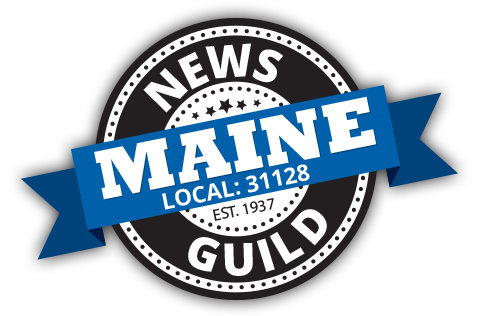The Guild Negotiations Committee and company representatives have reached a tentative agreement on grievance and arbitration language.
This agreement marks a milestone as it represents the first rung in our efforts to build a new contract.
While we will now move on to other issues, we have asked the company to allow this agreement to take effect immediately because a fair process that resolves disputes is beneficial to both sides.
OUR PRINCIPLE: A grievance and arbitration procedure provides a fair process for resolving disagreements between the company and the union.
WHAT DOES IT MEAN? If, like many of us, you watched the New England Patriots beat the Indianapolis Colts on Sunday, you witnessed the fruits of the NFL’s very imperfect grievance and arbitration procedure.
When quarterback Tom Brady was suspended for four games for supposedly being “generally aware” that game balls were underinflated, he filed a grievance. As Patriots fans watched the controversy play out, we unwittingly learned some important lessons about grievance and arbitration.
Why was the process imperfect in Brady’s case? Because Roger Goodell got to play judge and jury by serving as both arbitrator and, as head of the league, the one who imposed the punishment. Imagine that you get a parking ticket in error, and the only one you can appeal to is the person who gave you the ticket.
Brady had the money to take the case to court, where a judge ruled that the punishment was unfair and Brady’s four-game suspension was thrown out. The judge essentially fulfilled the role of an arbitrator – someone who is neutral.
Our grievance procedure allows employees and managers to sit down together to resolve disagreements. If they cannot, our tentative agreement lays out acceptable neutral arbitrators to resolve the problem.
We don’t want Guild members to go through a costly legal appeal if they believe they’ve been treated in a way that is contrary to accepted work rules. Avoiding legal proceedings also saves the company money. These are among the reasons why we hope to put our grievance and arbitration agreement to work for us immediately.
Historically, our grievance and arbitration procedure has worked well for us. Using such a process gives employees some assurance that they will be treated fairly and allows problems to be resolved quickly, both of which make our workplace a little less stressful. Current union leadership can’t remember the last time we couldn’t work out a problem through the grievance process and had to turn to an arbitrator.
When it comes to playing football, the Patriots can school the rest of the league. But when it comes to grievance and arbitration, we believe the Guild and company have scored a win.
Yours in solidarity,
Guild Negotiations Committee
